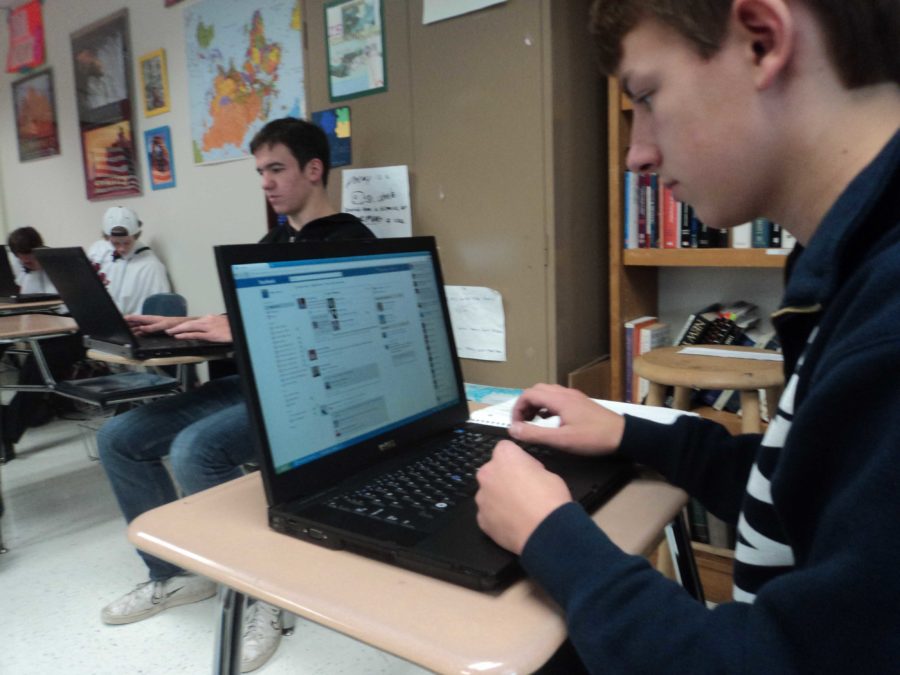The prevalence of social networks like Facebook, Twitter, FourSquare, and Pinterest is undeniable. Especially in the teen market, social networks have the potential to influence what their audiences support, which can bring a great deal of the change to the world.
According to Top10Reviews.com, 73 percent of teenagers (ages 12-17) are members of some sort of social network. The average teen has 201 Facebook friends. This means that every time a teen posts something on Facebook, over 200 people have the potential to see that post. The question is the content of the post –it can be either redundant and insignificant, or it can be jaw-dropping, important and game-changing.
The world is at no loss for causes. Republican causes, Democratic causes, donations for the military, the sick, and the poor. Regardless of who or what needs the attention, teens on social networks have the opportunity to call attention to theses causes.
Viral videos on Youtube have certainly served as entertainment, but they have also been vehicles to promoting a cause. The Kony 2012 video, an attempt to raise awareness of the violence in Uganda and specifically the warlord Joseph Kony and his violence against children, has received over 100 million views since it was uploaded by Invisible Children in March. However, the controversy surrounding the video and its credibility has also reached a viral status.
Also prevalent are events created on Facebook, such as “pink-outs” for breast cancer awareness, or the movement to get “#Jabs” trending on Twitter to honor the paralyzed hockey player Jack Jablonski. While some events have been particularly successful (“#Jabs” was trending in the Midwest for several days following his injury), others may fall flat.
What many people don’t realize about spreading the word on the social networks is that a simple “like” or “retweet” is not what it takes to solve a global issue. A satirical meme floated on the networks, reminding the viewers that “One does not simply destabilize a Ugandan warlord by liking a status.”
In a way, promoting theses causes can lead people into a false sense of security, making them believe that the cause is taken care of or that they’re helping without actually doing anything.
The advertising potential for social networking is infinite. The ability to spread an idea or a cause increases exponentially when one person can expose it to hundreds of people with the click of a mouse. However, the potential is not enough; to truly fulfill it, participation must extend past the realms of the internet and into reality. “Likes” don’t save lives and fund projects, but it certainly helps to spread the word.
Maddie Mayhew is the Online Editor for The Spartan Speaks.


















































